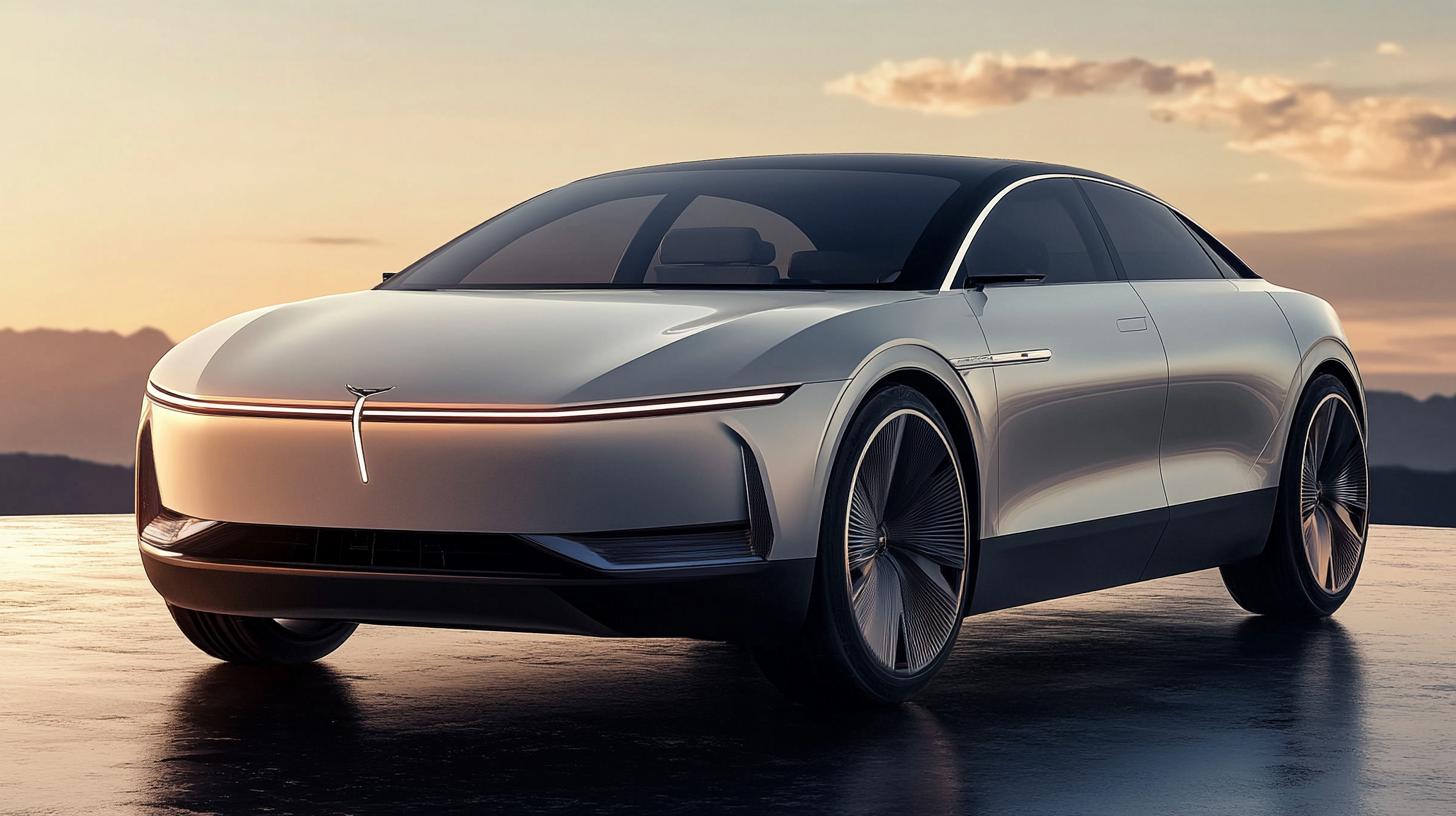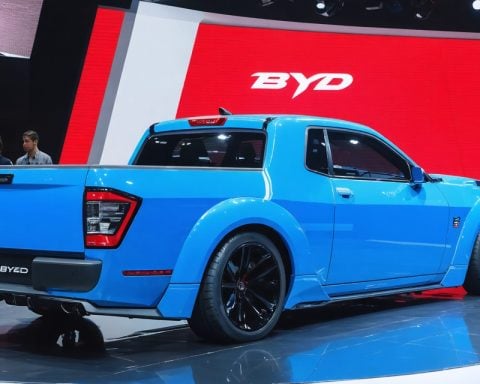Amidst the rapid advancements in electric vehicle (EV) technology, the topic of solid-state batteries continues to spark intrigue and speculation. These batteries promise to be the ultimate game-changers, offering enhanced safety, increased range, and quicker charging times over traditional lithium-ion batteries. However, the elusive question remains: „Which EV currently boasts a solid-state battery?”
As of now, there is no commercially available EV featuring a solid-state battery. While major automotive players such as Toyota, Ford, and Volkswagen are intensively investing in the research and development of these next-generation batteries, they have not yet been integrated into commercially available models. Toyota, frequently at the forefront of battery innovation, has announced plans to unveil an EV prototype with a solid-state battery by mid-decade.
The excitement around solid-state technology lies in its potential benefits. These batteries replace the liquid or gel-form electrolyte found in lithium-ion batteries with a solid. This can significantly enhance battery safety by reducing the risk of fires, while potentially offering greater energy density—translating to longer range for EVs.
However, the journey to a commercially viable solid-state battery is fraught with challenges. Issues such as cost, manufacturing complexities, and longevity under varying conditions still need to be addressed. As such, while the prospect of an EV powered by a solid-state battery tantalizes, it remains a vision for the future rather than the present reality.
For those keeping an eye on EV innovations, the promise of solid-state batteries underscores a pivotal shift in the landscape of sustainable transportation, pointing to a future where these technological marvels could become the norm rather than the exception.
Could Solid-State Batteries Revolutionize Renewable Energy Storage?
While solid-state batteries are often discussed in the context of electric vehicles, their implications reach far beyond the automotive industry, potentially reshaping energy storage in various sectors. But what makes these futuristic batteries so important for broader renewable energy applications?
Solid-state batteries could revolutionize how we store and use renewable energy by offering enhanced energy density and improved safety compared to traditional methods. This development is crucial as the world increasingly shifts toward sustainable energy sources like solar and wind, which require efficient and safe energy storage solutions to manage their intermittent nature.
These batteries, with their potential for reduced risks of fires, make a compelling case for deployment in residential and commercial energy storage systems. However, critics point out that the current obstacles—such as high production costs and technical challenges in scaling up—mean the widespread use of solid-state batteries remains distant.
Are there any disadvantages to consider? The primary drawbacks include the uncertainty of production costs, as manufacturing solid-state batteries is still expensive and complex. Additionally, ensuring durability and efficiency over prolonged periods under various environmental conditions remains an ongoing research challenge.
Despite these hurdles, the allure of solid-state batteries lies in their promise of transforming not just EVs, but also the broader energy industry. If these challenges can be overcome, we might see solid-state technology replacing lithium-ion batteries in various applications, from portable electronics to grid energy storage.
For more insights on sustainable energy innovations, explore resources like Department of Energy and International Energy Agency.







